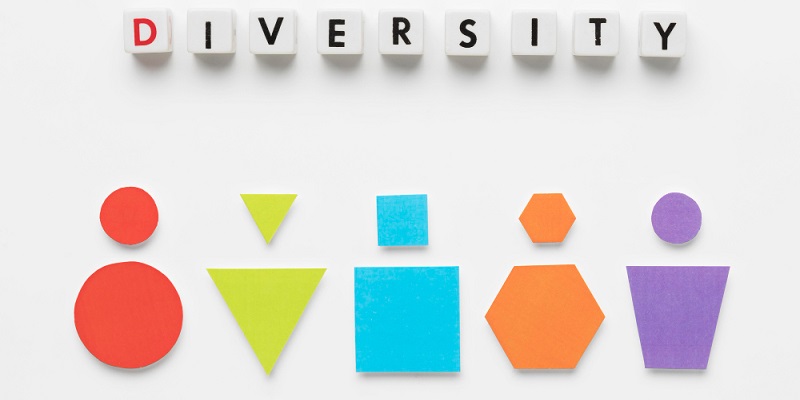Diversity, equity, and inclusion (DEI) in the workplace are becoming increasingly important for company success. This not only for ethical reasons but also because a diverse workforce can bring unique perspectives and ideas. However, DEI needs to be handled properly to avoid potential legal and ethical pitfalls.
DEI should encompass more than just protected classes. Some employers focus solely on protected classes such as race, gender, or sexual orientation while overlooking other aspects of diversity. A person’s interests, education, political beliefs, and family background can also play a role in creating a diverse workforce. By broadening the definition of diversity, companies can attract a wider range of candidates and encourage a diverse set of perspectives in the workplace.
An Expanded Definition of Diversity
Employers who want to foster a diverse and inclusive workplace should examine job descriptions and hiring criteria to ensure they are not unintentionally limiting the pool of candidates. They should consider factors such as work experience, education, skillset, and even personality traits. This can lead to a more well-rounded and diverse team of employees.
The Potential Pitfalls of Creating Specific Goal Targets Based on Protected Classes
While it’s good to set goals for diversity, using protected classes as the sole basis can lead to problems. In fact, using protected classes as the sole measure or goal could potentially lead to liability. A company that sets specific targets for the number of women or people of color they hire could face a lawsuit if it is felt that such targets are discriminatory or violate equal opportunity laws.
The Risk of Discrimination Claims Arising from Specific Goals
When creating diversity goals, it is essential to be careful that any targets are not tied exclusively to race, gender, or other protected classes. Diversity targets must be approached appropriately and with the consent of the employees. Goals should not be created to achieve a specific outcome of diversity without taking into account the fact that employment decisions must be based solely on merit.
The Legal Requirement for Equality of Opportunity, Rather than Equality of Outcome
Employers must recognize that the law requires equality of opportunity rather than equal outcomes. While diversity goals are important and employers should work toward them, companies cannot guarantee that they will achieve a certain degree of diversity in the workplace. In an ideal situation, employees should be hired based solely on merit, skills, and qualifications.
The Need for Outreach Beyond Protected Classes to Promote Equality of Opportunity
The outreach programs designed to assist underprivileged and minority candidates are excellent. However, reaching out to members who do not belong to the protected classes is equally important. Employers should reach out to groups that may not typically apply for the specific roles they have available. Open outreach for different roles should be established to guarantee a broad pool of candidates.
An Expansive Approach to DEI Can Lead to a Workplace of Diverse Perspectives and Ideas
An inclusive workplace where diversity is fully recognized and embraced can bring a unique range of perspectives and ideas to the table. Diverse backgrounds can lead to different ways of thinking about a problem, which can help a company innovate and improve its products and services. Encouraging open communication and a culture of inclusion in the workplace can foster collaboration and bring about greater success.
Positive Outcomes of DEI
Diversity, equity, and inclusion goals in the workplace go beyond simply reaching specific diversity targets. By fostering an inclusive environment with employees of different backgrounds and perspectives, companies can create an atmosphere where everyone can thrive. An inclusive work environment encourages open communication and collaboration, leading to increased productivity and employee satisfaction. Additionally, a diverse workforce allows your company to reach a broader pool of talent and customers, resulting in growth and better financial performance.
Richard Lehr is a well-known expert in the field of diversity, equity, and inclusion as a shareholder at Lehr Middlebrooks Vreeland & Thompson, P.C. Companies need to handle DEI properly by defining diversity beyond protected classes and setting goals appropriately to avoid potential legal complications. They also need to recognize that equal opportunity is a legal requirement and engage in open outreach to ensure an inclusive and diverse culture that could improve their products, services, and bottom line.

